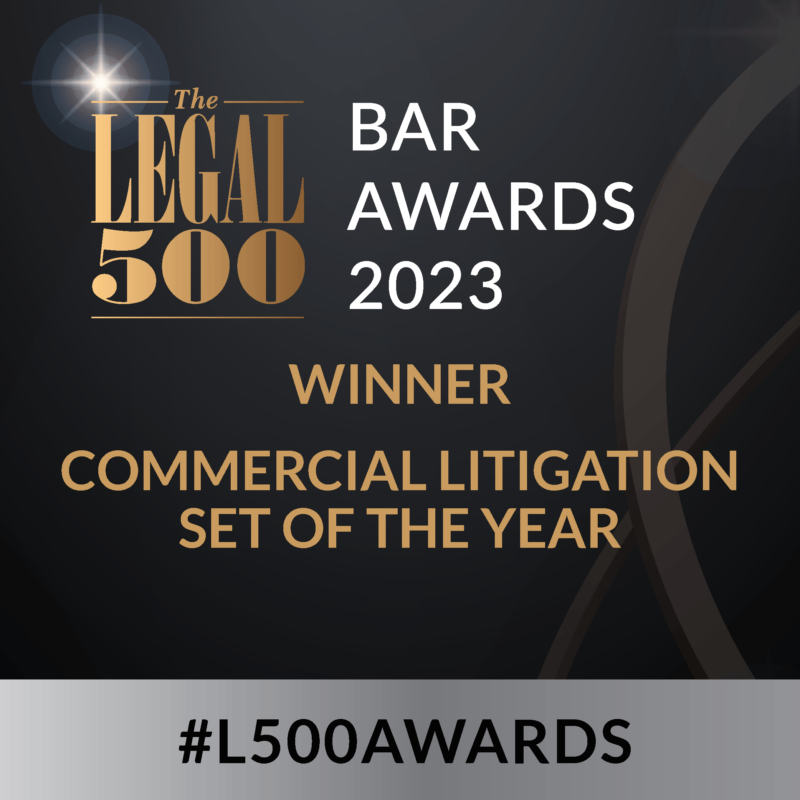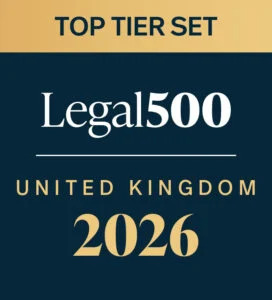Matthew Parker KC and Ian McDonald secure dismissal of injunction application in telecoms dispute
On 15 May 2025, the High Court handed down judgment in EE Limited v. Avanti Broadband Limited [2025] EWHC 1160 (TCC), a dispute concerning the provision of satellite services.
Since 2016, Avanti had been supplying satellite mobile backhaul services to EE – connecting EE’s mobile telephone masts to its core hubs. The framework of contractual documents contained agreed pricing for the services up to December 2023, but nothing beyond that date. Despite ongoing negotiations for an extension to the contract term, Avanti took the position that its obligations ceased when the pricing expired. EE disagreed and applied for an interim injunction prohibiting Avanti from withdrawing the services.
The application was resisted by Avanti, applying the well-known American Cyanamid principles, including on the basis that there was no ‘serious issue to be tried’ on EE’s claim. Avanti argued that EE’s construction of the contractual documents had no real prospect of success and that it was fanciful for EE to contend that Avanti was obliged to continue to supply the satellite services indefinitely (where Avanti, unlike EE, had no right to terminate the contract for convenience).
Mr Justice Waksman agreed, dismissing the application on the grounds that EE’s interpretation was “plainly wrong” and did not give rise to a ‘serious issue to be tried’. As such, the remaining questions in respect of adequacy of damages and the balance of convenience did not arise. The application also raised the issue of whether the interim injunctive relief sought – although phrased in negative terms – was in reality a mandatory injunction to compel Avanti to keep on performing the satellite services; and whether EE therefore had to satisfy the higher standard of showing a ‘high degree of assurance’ that it would succeed at trial. The Judge held, however, that it would be “undesirable” to choose between these two merits threshold tests in circumstances where the essence of the issue was a point of contractual construction (and a relatively short one at that), and so he applied the lower threshold test on this basis.
Avanti was represented by Matthew Parker KC and Ian McDonald, instructed by Rhys Thomas, Daniel Moore, and India Rand of Jones Day.
Read the judgment.









